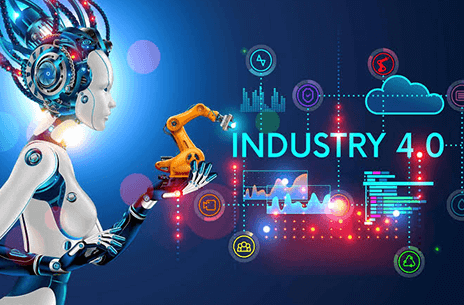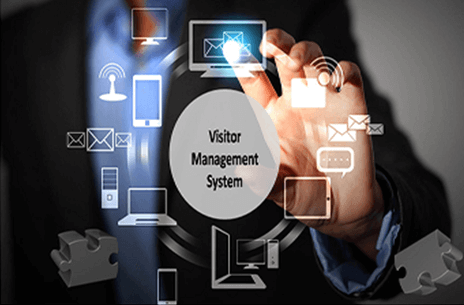
Employers already use various methods for monitoring employees and for a number of different reasons, from checking up on appropriate email and internet use to gathering information about productivity, reliability, employee interaction, location and health. In many ways, the issues are the same regardless of the sophistication of the technology used to carry out the monitoring and analysis of the results. There is no doubt that these tools can be very useful for employers wishing to identify inefficiencies in their business model and teams and AI can help bring speed, new insights and objectivity to this. However, assessing performance solely with cold hard data generated by technology or managing a remote workforce using AI based analytics at the expense of the human touch raises a number of legal issues.
The principal ones arise in the context of the European Human Rights Convention and data protection legislation. Excessive, unnecessary or unjustified monitoring will fall foul of both and proportionality will be key in determining the lawfulness of an employer’s actions.
Human rights
The rights most relevant (and potentially at risk) in a monitoring scenario will be the right to private life and family life and the right to a fair trial (which might be engaged, for example, to consider whether evidence relevant to disciplinary proceedings was gathered lawfully). Employees have a reasonable expectation of privacy in the workplace although an employer can interfere with that right where it has legitimate grounds and it uses proportionate means to do so. Proportionality will involve looking at alternatives to achieving the employer’s aim which are less intrusive and do not curtail the right to privacy.
Data protection
Data protection has taken centre stage this year with the EU General Data Protection Regulation (the ‘GDPR’). Monitoring workers will involve processing their personal data and engage the employer’s obligations as a data controller. An employer will need to bear in mind the data protection principles set out in the GDPR, all of which are likely to be relevant to monitoring employees, analysing and potentially acting on the results.















